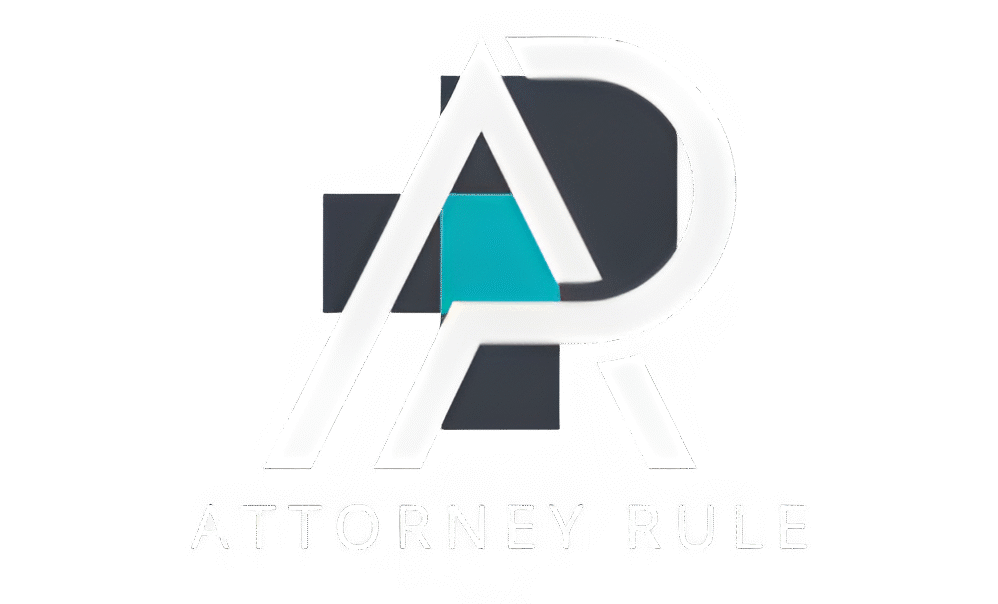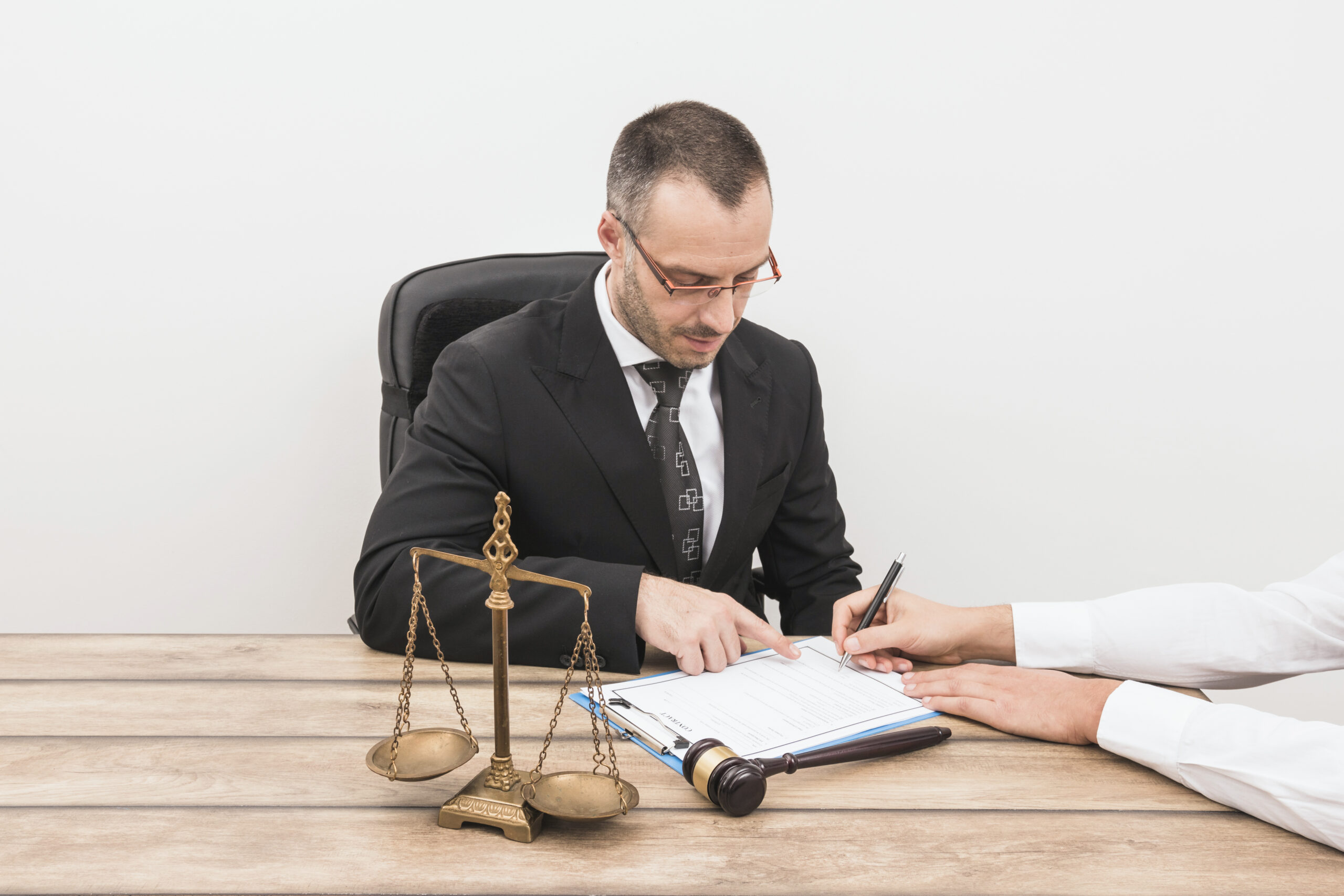When faced with a personal injury claim, the stakes can be incredibly high. You might feel overwhelmed by the pressure of legal battles, potential financial losses, and reputational damage. Enter the personal injury defense lawyer—your ally in navigating this complex landscape. These professionals specialize in protecting individuals and businesses against unwarranted claims while ensuring that your rights are upheld throughout the process. Whether you’re an individual or representing a company facing accusations, understanding how a personal injury defense lawyer operates is essential for safeguarding both your interests and reputation. Let’s dive into what these lawyers do and why having one on your side can make all the difference when it comes to defending yourself effectively.
Common Types of Personal Injury Cases
Personal injury cases can arise from a variety of situations. Understanding these scenarios is crucial for anyone facing allegations.
Car accidents are among the most common causes. Injuries sustained in collisions often lead to complex legal disputes over liability and damages.
Slip and fall incidents also frequently occur, usually due to unsafe conditions on someone else’s property. These cases hinge on proving negligence by the property owner.
Medical malpractice represents another area of concern. Patients may suffer harm due to misdiagnoses or substandard care, leading to significant legal battles against healthcare professionals.
Workplace injuries provide yet another example. Employees injured while performing their duties might pursue claims against employers for unsafe working environments or lack of safety protocols.
Each case type requires careful examination and tailored strategies, highlighting the importance of expertise in personal injury defense law.
The Role of a Personal Injury Defense Lawyer
A Personal Injury Defense Lawyer serves a crucial role in safeguarding the interests of individuals or businesses accused of causing harm. They specialize in navigating the complexities of personal injury claims, ensuring their clients are not unjustly penalized.
These lawyers assess each case meticulously. They gather evidence, interview witnesses, and analyze medical records to build a compelling defense. This thorough approach helps establish facts that might otherwise be overlooked.
In courtrooms or negotiations, they advocate vigorously on behalf of their clients. Skilled defense attorneys understand the nuances of legal arguments and leverage them to challenge accusations effectively.
Their ultimate goal is not only to protect against financial loss but also to preserve reputations that can be irrevocably damaged by unfounded claims. A strong defense lawyer becomes an invaluable ally during stressful times when one’s rights are at stake.
Building a Strong Defense Strategy
When facing a personal injury case, crafting a robust defense strategy is essential. A well-thought-out approach can significantly impact the outcome.
Start by gathering all relevant evidence. This includes documentation, eyewitness accounts, and any other material that supports your position. The more comprehensive your evidence, the stronger your defense will be.
Next, identify potential weaknesses in the plaintiff’s argument. Understanding their claims allows you to counteract effectively and highlight inconsistencies or exaggerations in their narrative.
Collaboration with experts can bolster your case too. Medical professionals or accident reconstruction specialists provide insights that lend credibility to your stance.
Regularly review and adapt your strategy as new information arises. Flexibility ensures you’re prepared for any developments during litigation or negotiations.
Protecting Your Rights and Reputation in Court
Navigating the courtroom can be daunting. It’s not just about winning a case; it’s also about protecting your rights and reputation.
Your personal injury defense lawyer plays a pivotal role in this process. They ensure that every aspect of your case is presented accurately, highlighting facts that support your position.
A skilled attorney will prepare you for what to expect during proceedings. They’ll help you understand legal terminology and court protocols, so you’re never caught off guard.
Moreover, they safeguard sensitive information from being misused by opposing parties. This protection extends beyond just the courtroom; it helps preserve your image in the community.
Remember, how you’re perceived matters significantly during litigation. A strong defense strategy emphasizes both legal arguments and ethical considerations, ensuring your character remains intact throughout the ordeal.
Alternative Dispute Resolution Options
Alternative dispute resolution (ADR) provides efficient ways to settle personal injury claims outside the courtroom. This process can save time and reduce costs for both parties involved.
Mediation is one popular ADR method. In this approach, a neutral mediator facilitates discussions between the injured party and the defendant. The goal is to reach a mutually agreeable solution without escalating tensions.
Arbitration, on the other hand, involves a third-party arbitrator who makes binding decisions after hearing arguments from both sides. This option often resembles a court proceeding but tends to be less formal.
These methods allow for greater flexibility in crafting solutions tailored to individual circumstances. They also help maintain confidentiality, which can protect your reputation during disputes that might otherwise attract public attention. Utilizing these options can pave the way for smoother resolutions while keeping relationships intact within your community or industry.
Choosing the Right Personal Injury Defense Lawyer for You
Selecting the right personal injury defense lawyer is a critical step in protecting your interests. Start by evaluating their experience. A lawyer well-versed in similar cases will understand the nuances of your situation.
Look for credentials that reflect expertise and specialization in personal injury defense. This can give you confidence in their capabilities.
Schedule initial consultations to gauge communication style and approachability. Feeling comfortable with your attorney fosters trust, which is essential for a strong partnership.
Consider client reviews and testimonials as they offer insights into past performance. Happy clients often indicate a reliable professional.
Discuss fees upfront to prevent any surprises later on. Transparency about costs ensures clarity from the beginning of your legal journey, allowing you to focus on what truly matters: defending your rights effectively.
Conclusion
Choosing the right personal injury defense lawyer is crucial for anyone facing claims in this complex legal area. It’s essential to find a professional who understands the intricacies of personal injury law and can tailor their approach to your unique situation.
Look for a lawyer with experience, proven success in handling similar cases, and excellent communication skills. A strong rapport with your attorney can make navigating this challenging process smoother and less stressful.
Remember that protecting your rights and reputation is paramount. Whether you opt for litigation or alternative dispute resolution, having an adept personal injury defense lawyer by your side will help safeguard what matters most to you. Your future deserves nothing less than expert representation in these trying times.

